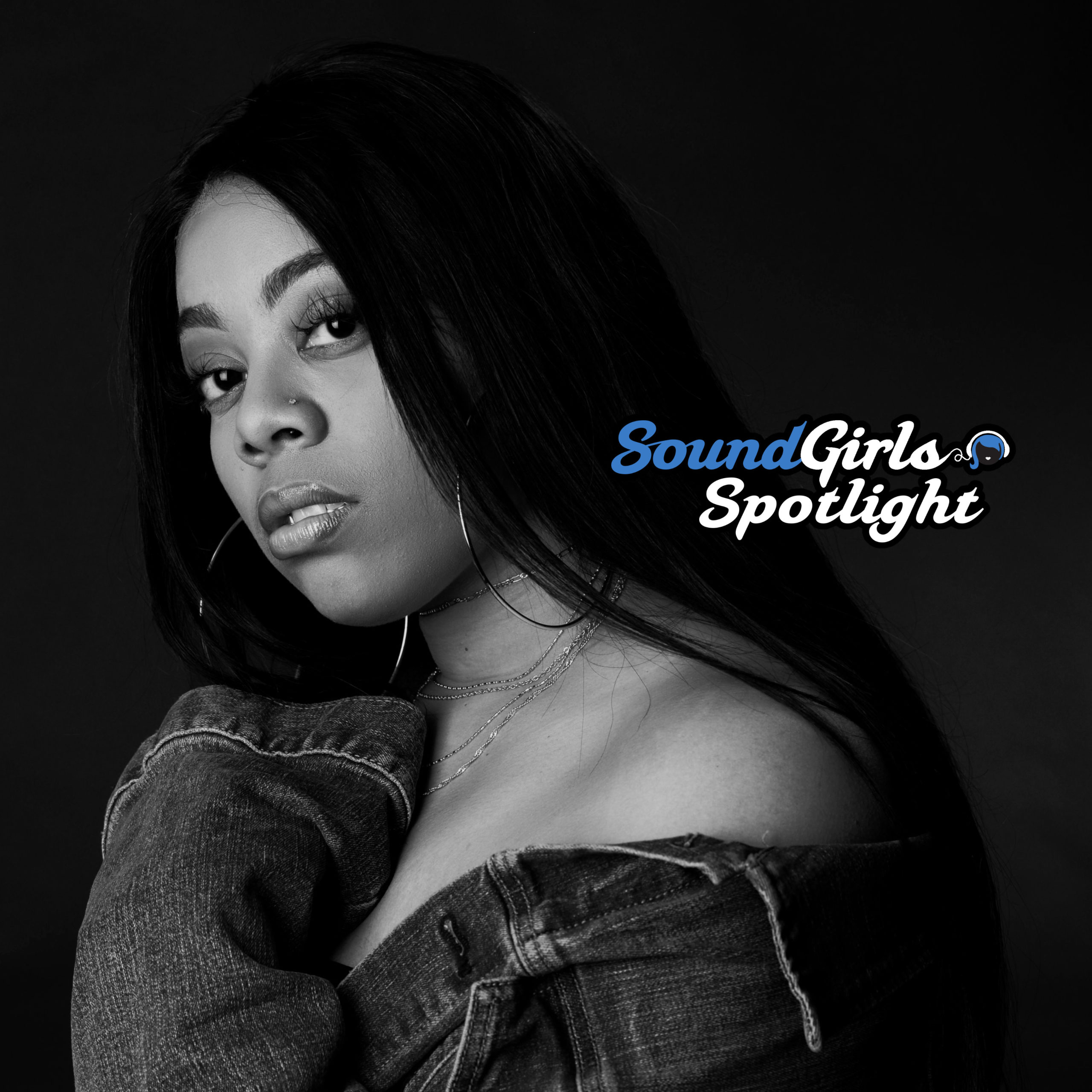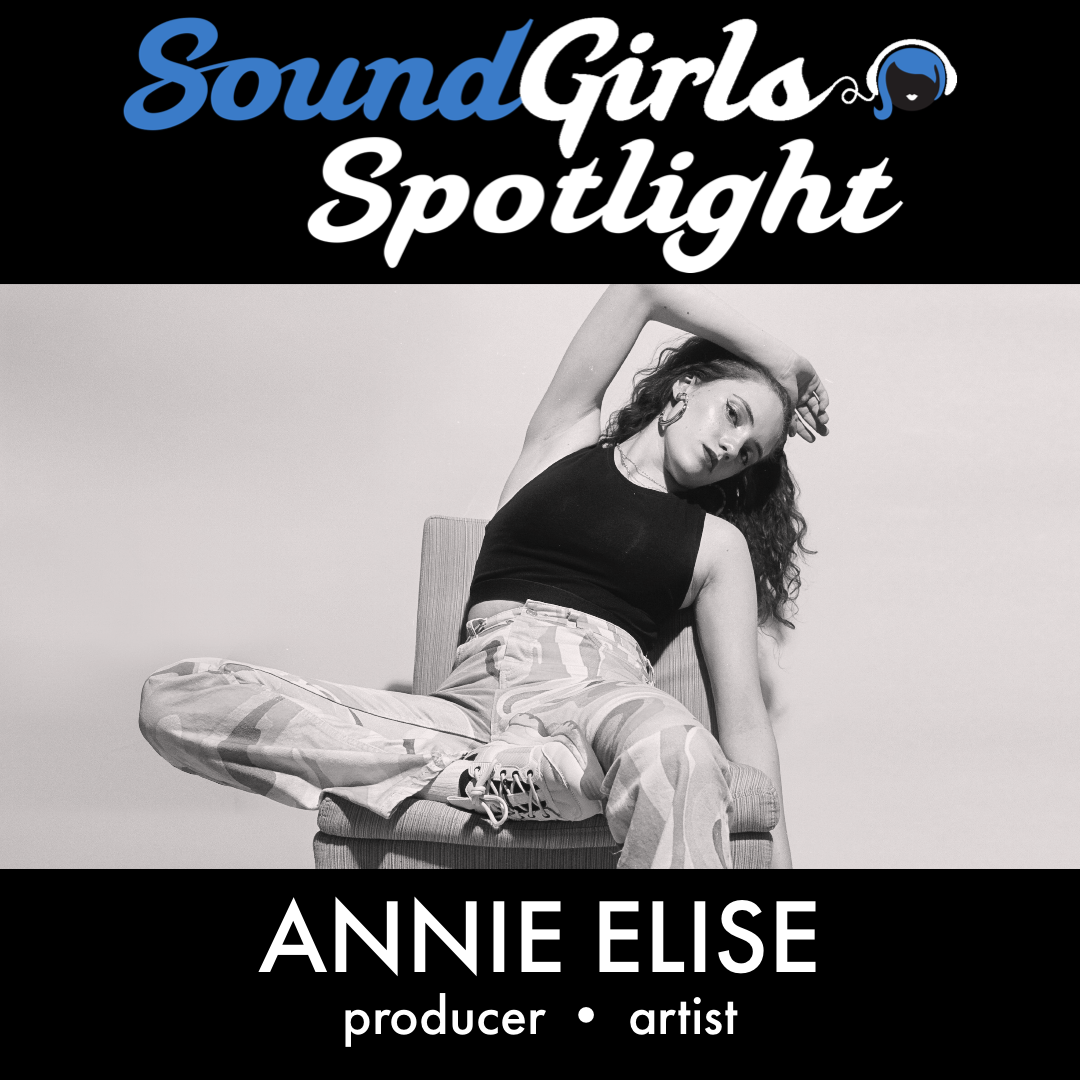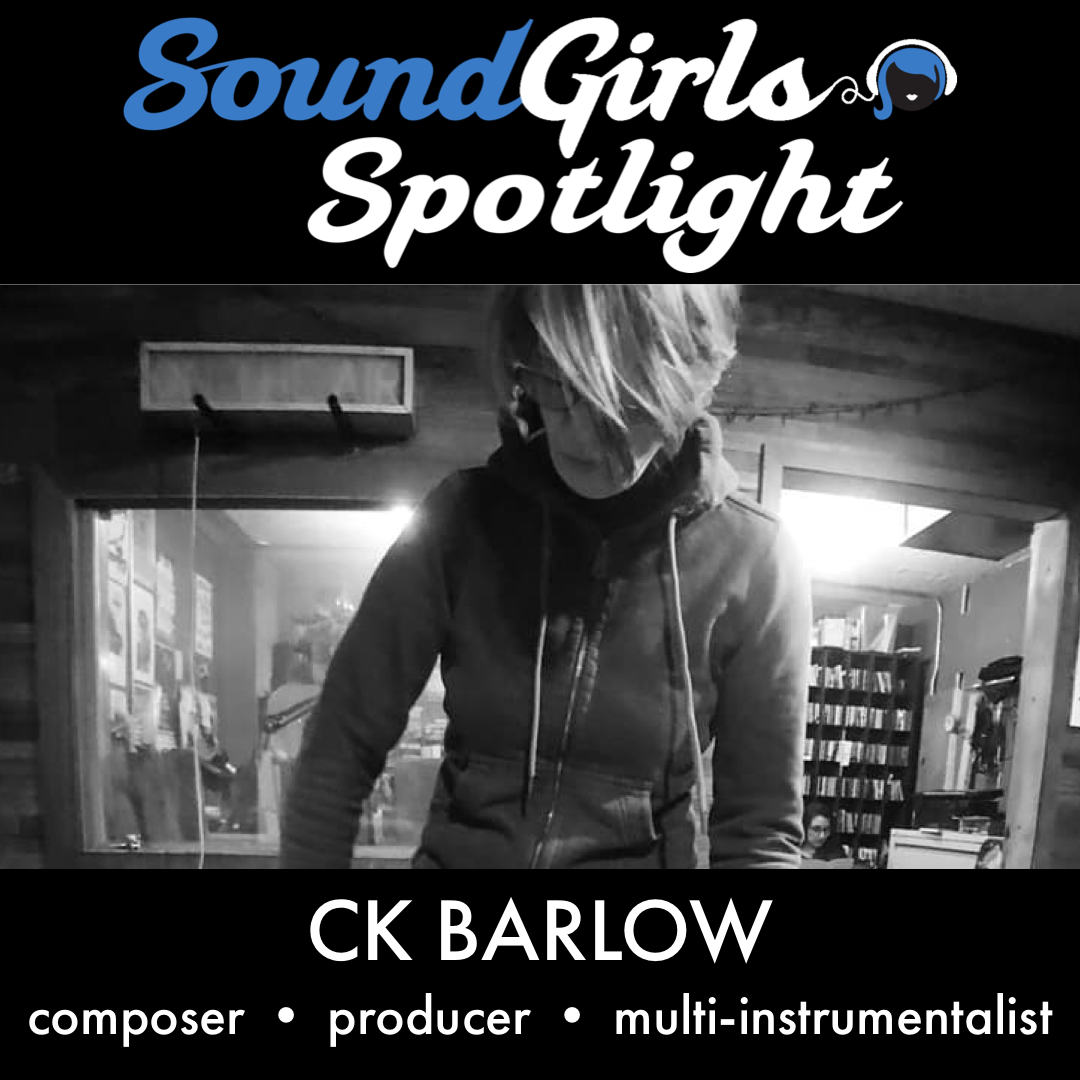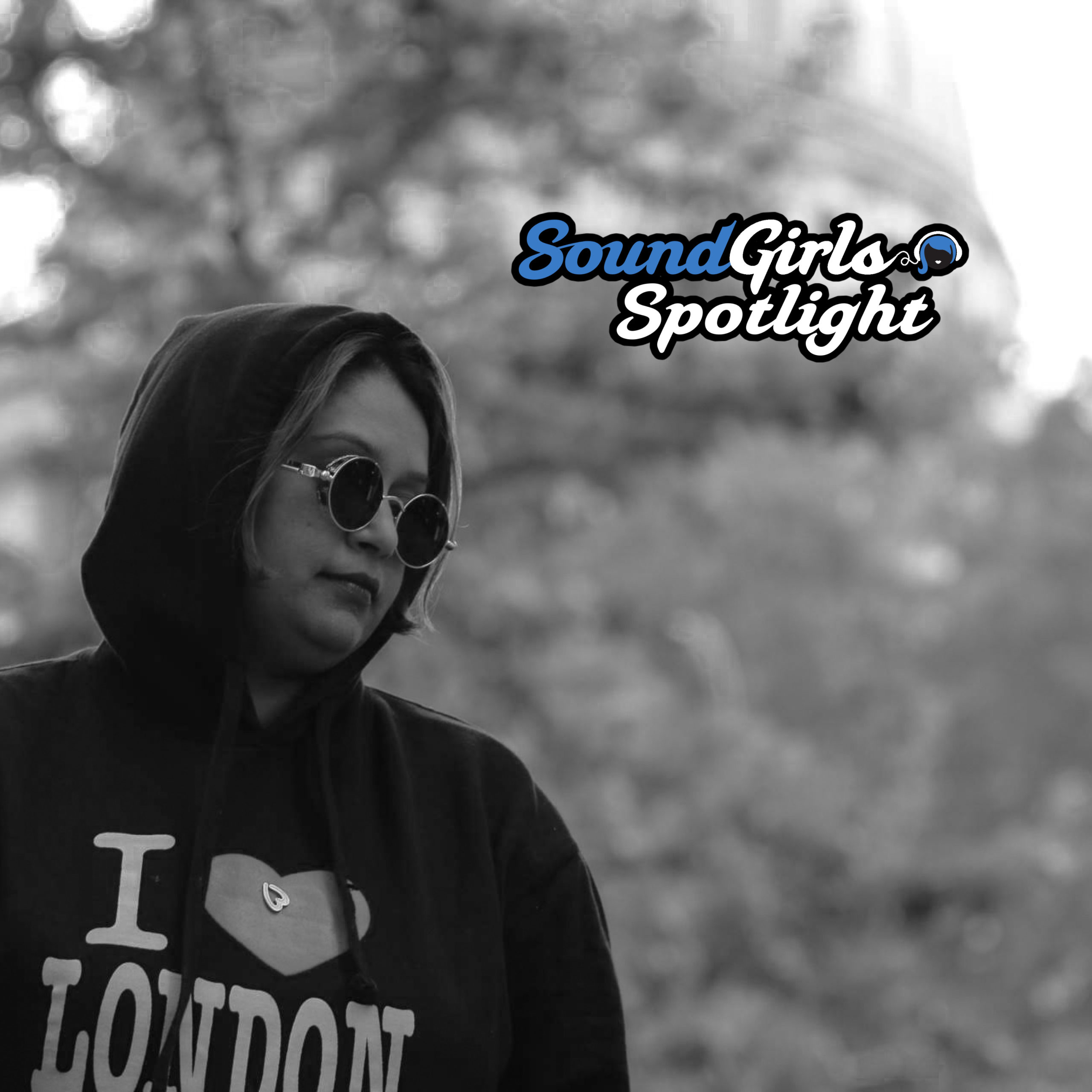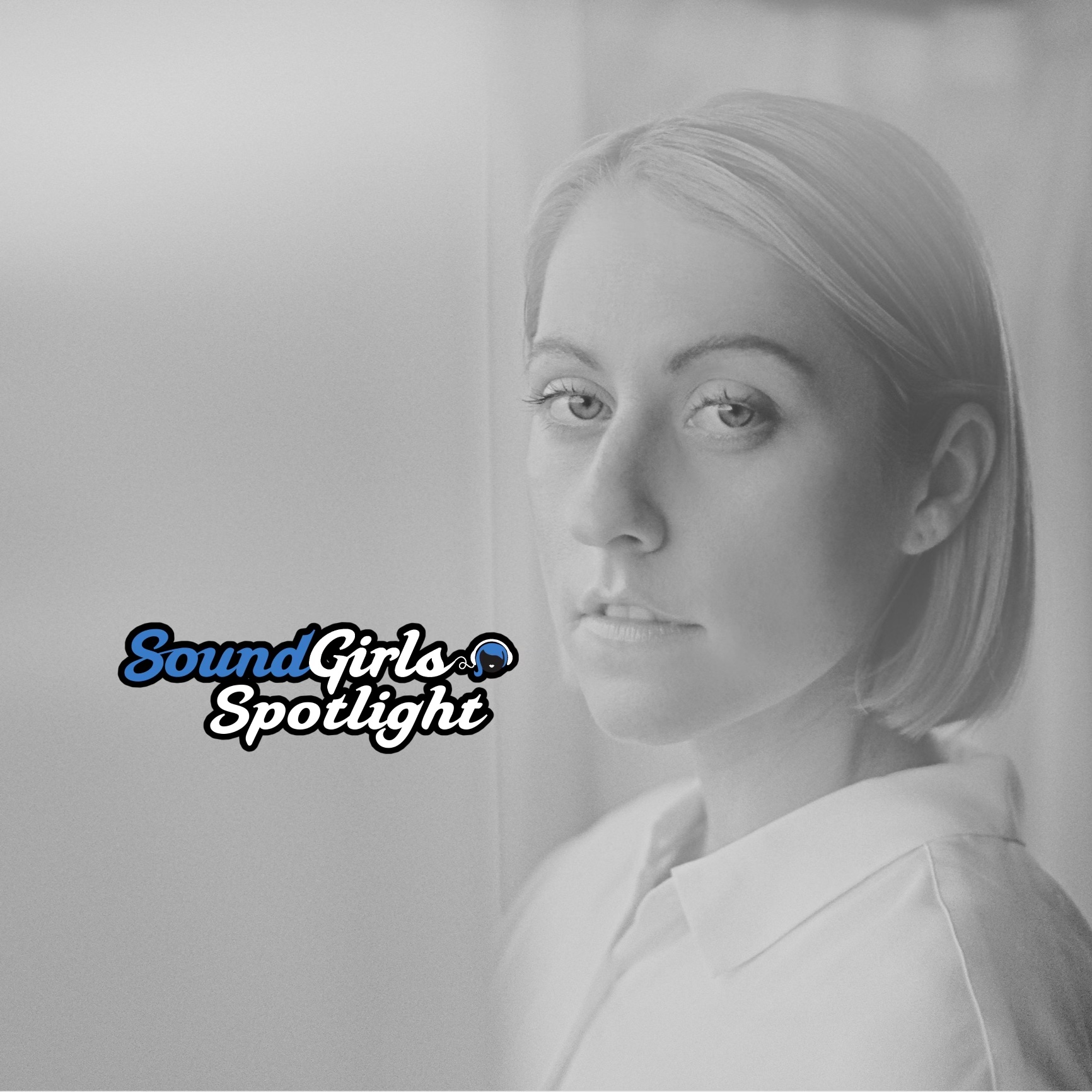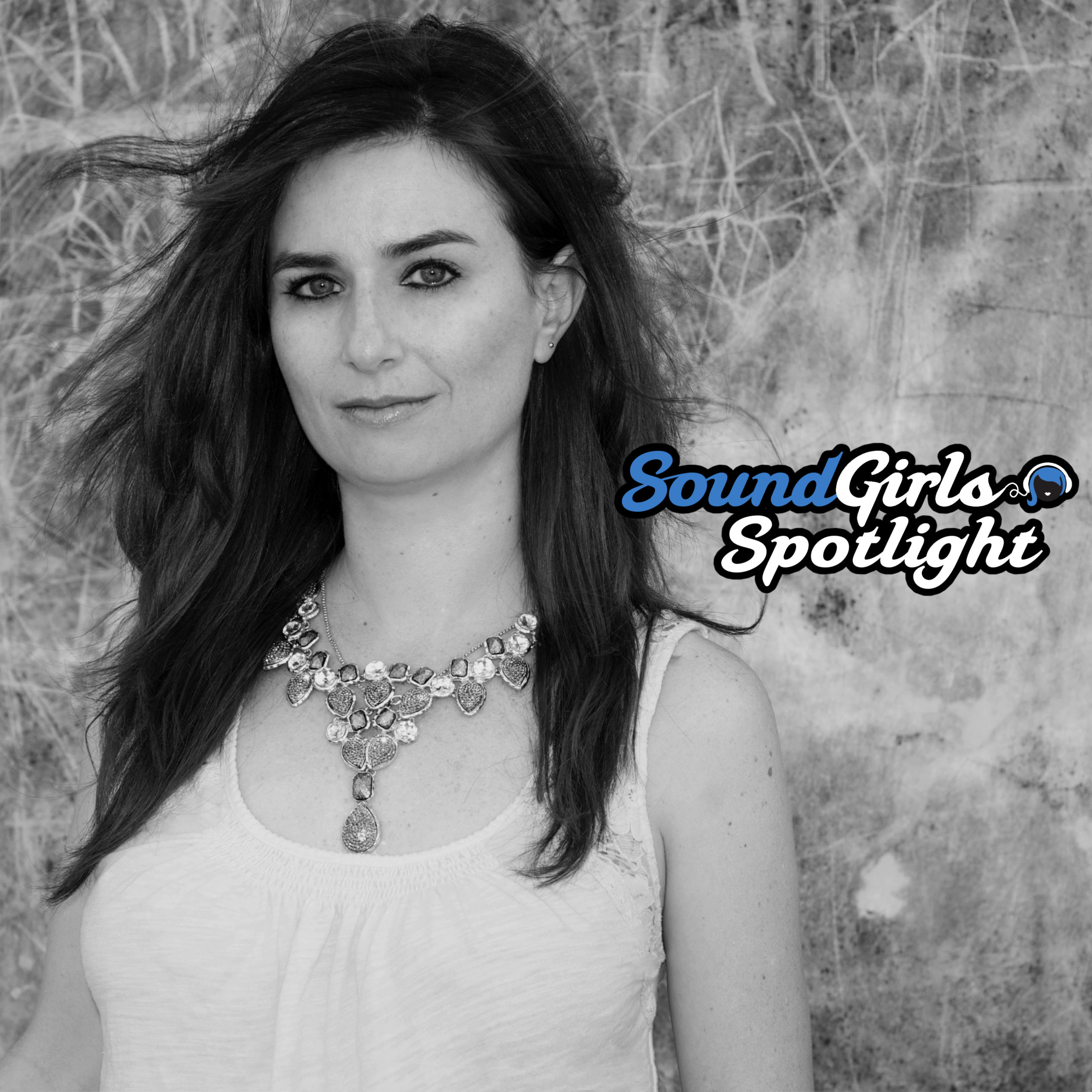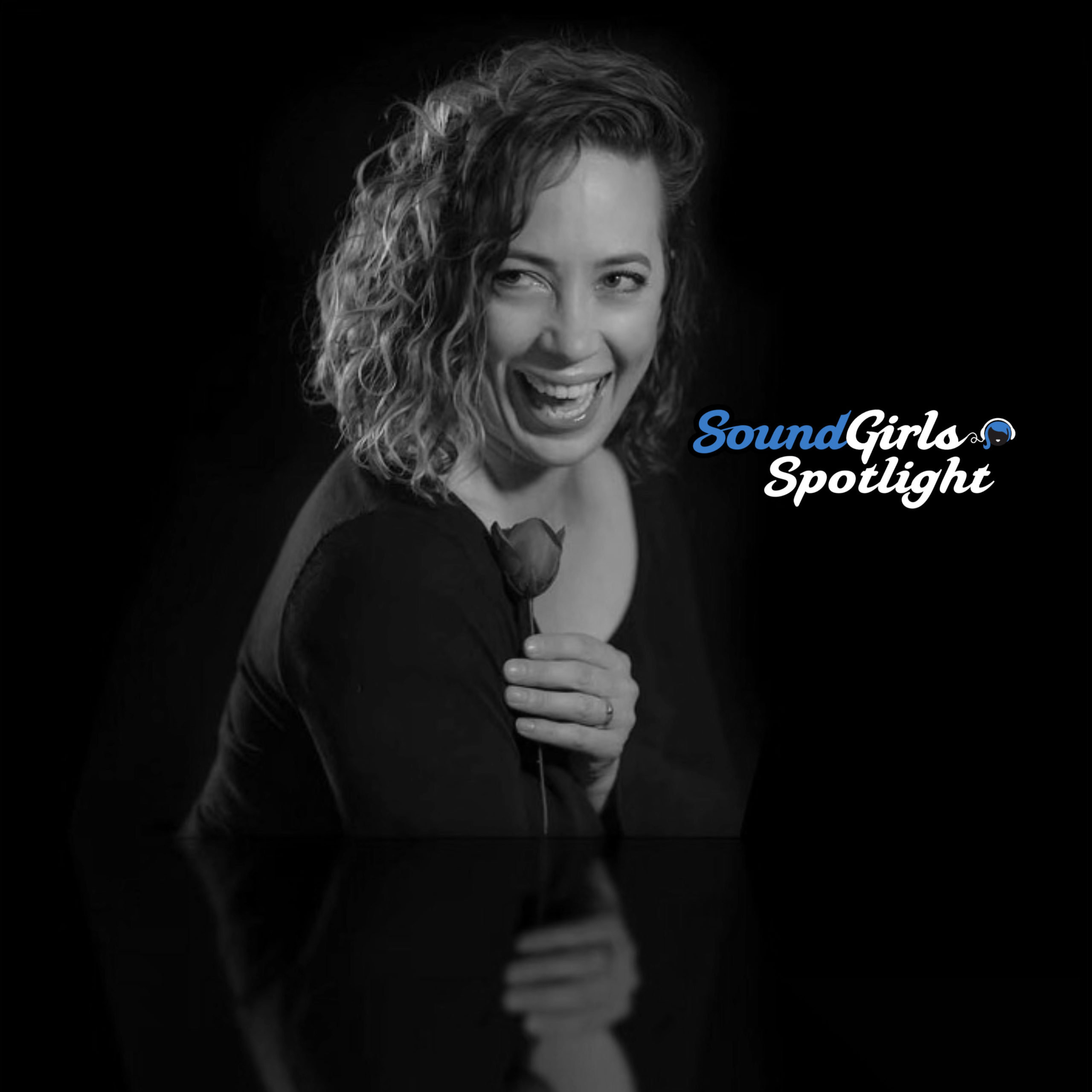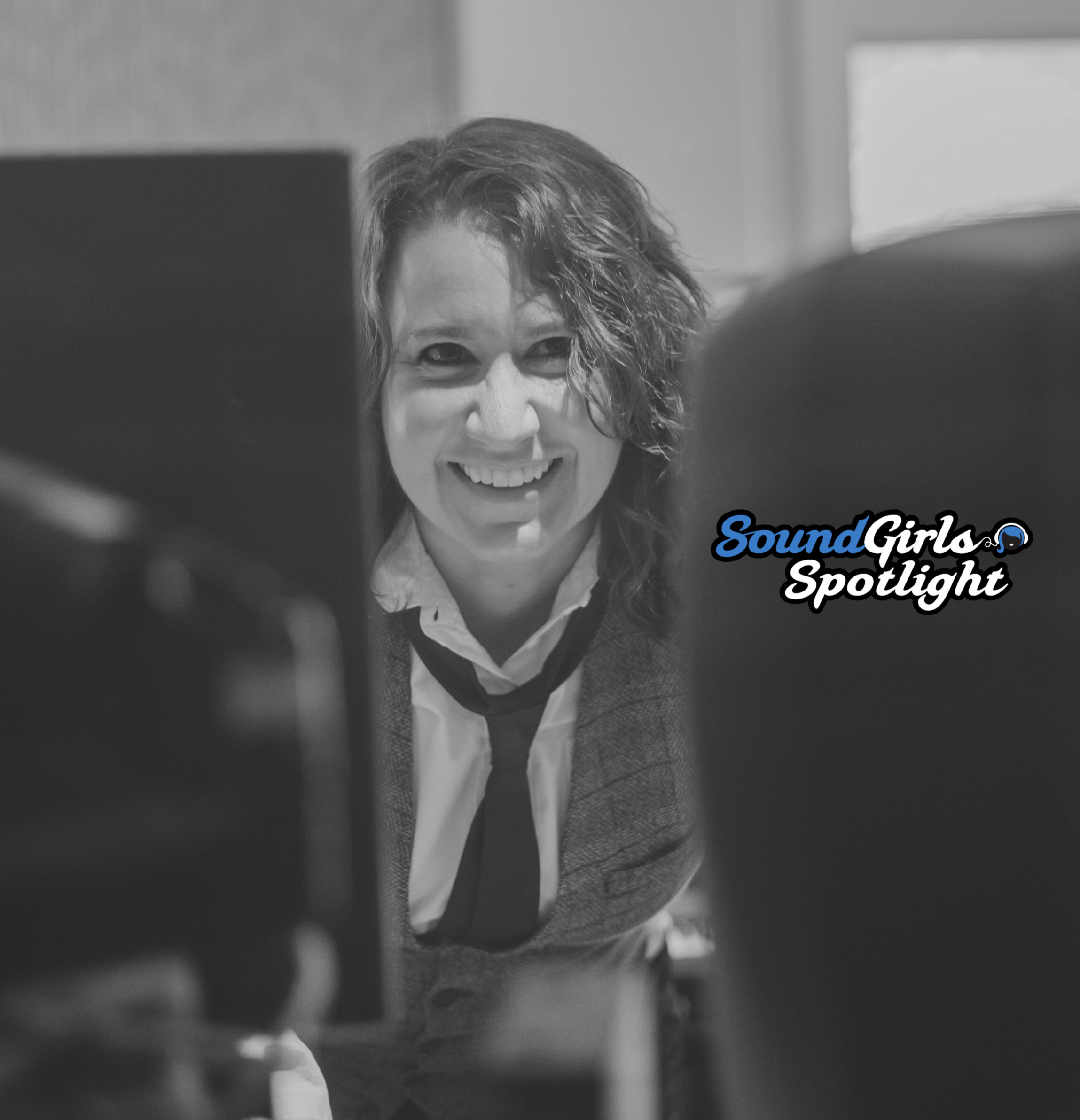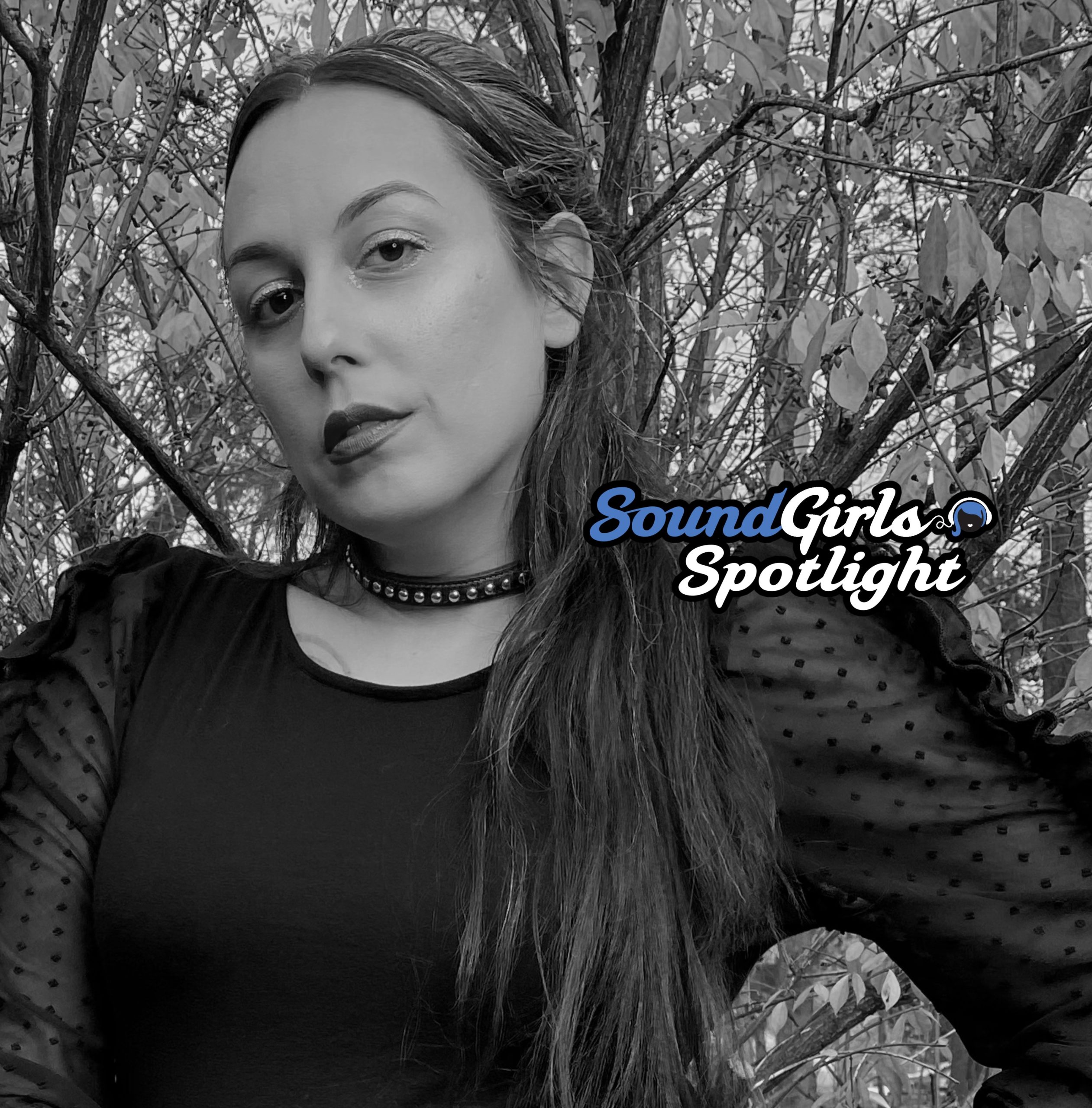Location:
Jackson, Michigan
How did you become a producer/sound engineer?
For myself, there hasn’t really been a very direct path. I come from a very musical family and music has always been a huge part of my life. I’ve worked as a songwriter and session vocalist/musician for about 15 years and when it comes to my own music, I’ve always enjoyed creating full length albums… trying to tell a story over the arc of the songs that comprise this bigger picture that I’m trying to create. And as you might know, it’s really expensive to create a worthwhile record. So for me, learning production was a necessity, I needed to figure out how to create in a more polished and expansive way for myself because I couldn’t afford to hire anyone else. So honestly, it was the necessity that pushed me into this other side of music. Once I knew that I really wanted to learn more about production, I just started listening and asking questions and taking notes whenever I was around anyone who knew more than me on the subject. I was in a very lucky position to have so many friends in audio who were willing to answer my questions, listen to my crappy demos, and who were willing to help guide me in the right directions. From there I took some online classes on production and started diving deeper into songs that I had always loved, breaking them down and trying to figure out all of their components.
What advice would you give students either going into school or just graduating about getting a job in this industry?
Surround yourself with positive people who are just as driven as you. Work on creating a team that you feel comfortable creating with. A collective of writers, musicians, and audio professionals that you know you work well with, who support the same vibrations you register with. Always listen to what people who know more than you have to say, there is always something to learn. And most importantly, find a mentor who is really invested in you. Someone that you can trust as an educator and as a human. I would not be where I am today if it wasn’t for my mentors. They have encouraged me to realize my potential and to actualize my goals. Listen, Learn, experiment, explore, and most importantly be authentically yourself because there is only one you, and what you have to offer is unique and magical.
What are the major qualities required to be a good sound engineer in your opinion?
I think two major qualities pop into my head when it comes to being a good producer or engineer; being a good communicator and being intuitive. Being able to understand the needs of your songs, projects, and clients. Being able to listen and ask the right questions. And being able to catch onto the vibe of both the music you’re working on and the clients/artists you’re working with.
What is your recording/producing philosophy?
I try to trust my gut, not everyone is going to connect with what I’m doing, but at the end of the day, my goal is to create things and work on projects and ideas that I’m proud of. Pride, in my opinion, comes from knowing I’ve accomplished something meaningful while staying true to myself and trusting my own intuition.
What producers/engineers inspire/inspired you?
I would say that I’m most inspired by my mentors, Ainjel Emme and Corey DeRushia. They have truly been two of my biggest cheerleaders and have really invested their time, talent, and their love into my journey.
Mary Mazurek. She is an actual genius and is out there in the field doing her thing, helping to create some beautiful works. She’s also doing amazing work as an educator, helping people like myself, who are trying to hone their craft.
Lastly, I would also say that I’m super inspired by Audrey Martinovich, She is absolute goals! Her knowledge and drive and all around fabulousness are qualities to aspire to.
